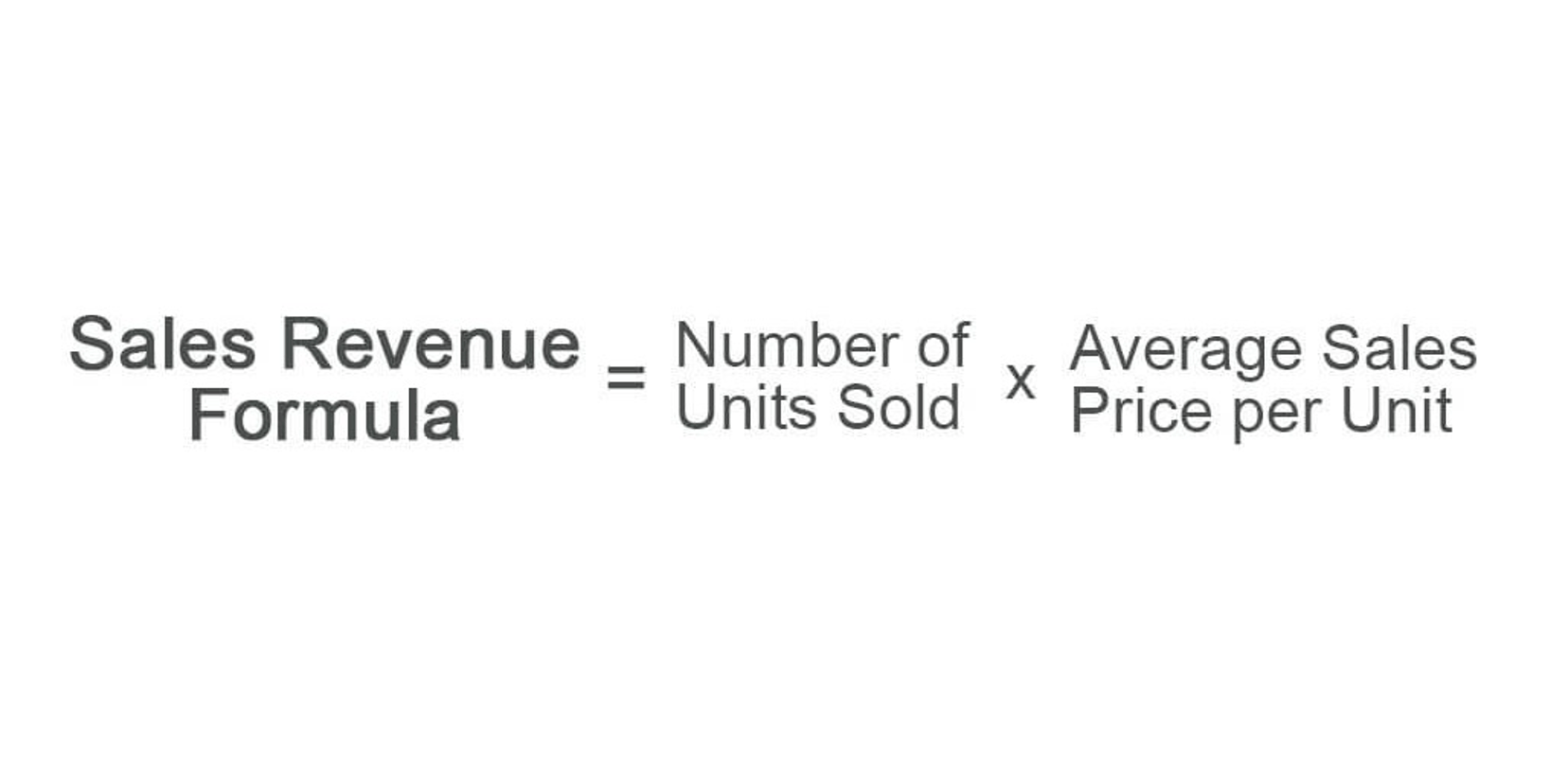
Dealerships must comply with various laws and regulations, such as tax laws and industry-specific regulations. Consistent financial reporting ensures that the dealership’s financial statements are in line with these requirements, reducing the risk of penalties and legal issues. To mitigate these risks, maintain accurate financial reporting and auto dealership accounting guide ensure all transactions comply with industry regulations. Employing automotive-specific legal advisors can help stay abreast of legal changes and maintain compliance. To avoid these errors, dealerships should implement robust internal control systems and ensure that the accounting department adheres strictly to accounting best practices.
Evaluating Software Options
- This transparency not only enhances customer satisfaction but also increases the likelihood of closing the sale.
- Conducting periodic physical counts and reconciling them with inventory records helps identify discrepancies that could indicate theft, loss, or administrative errors.
- In the world of auto sales, managing your finances with the finesse of a finely-tuned sports car is not just an option.
- This arrangement allows dealerships to purchase vehicles from manufacturers or auctions without having to pay the full amount upfront.
To ensure a successful data migration, it is important to clean and validate the data before the transfer. This includes removing duplicate or outdated entries and verifying the accuracy of information. Properly mapping data fields between the old and new systems is also crucial to ensure seamless integration and data consistency. Additionally, it is crucial to conduct a thorough https://www.bookstime.com/ analysis of your existing data and processes. This will help identify any necessary data migration or system setup requirements, as well as any potential challenges or risks that may arise during implementation. Resources to help your dealership convert more leads into sales, retain more customers, and market inventory smarter, straight to your inbox every Sunday.
- Accrual accounting also aligns with the matching principle, which states that expenses should be recognized in the same period as the revenue they help generate.
- By choosing a reliable and supportive vendor, you can ensure that your dealership’s accounting processes run smoothly and efficiently.
- Car dealership accounting software integrates with inventory management systems to accurately track and manage vehicle inventory.
- When car dealerships grow, it typically leads to more dealerships and more complicated accounting based on a choice between centralized, noncentralized, or hybrid accounting systems.
- It serves as the foundation for decision-making, cost control, and monitoring overall performance.
How to Leverage Financial Data for Competitive Advantage

With numerous software options available, it’s essential to carefully assess your business needs, evaluate the available options, and consider factors related to implementation and support. This article explores the importance of auto dealership accounting and uncovers key strategies to streamline operations and maximize profitability. By automating these processes, car dealerships can streamline payment cycles, reduce errors, and improve cash flow management. The software can generate aging reports for accounts receivable, providing valuable insights into outstanding payments and helping to prioritize collections. Car dealership accounting software simplifies the management of accounts payable and receivable processes. It allows car dealerships to efficiently track and pay invoices from suppliers (accounts payable) and manage customer payments and outstanding balances (accounts receivable).
Strategies for Efficient Tax Planning and Maximizing Deductions
Dealerships must carefully track inventory levels, value inventory accurately, and employ appropriate costing methods to determine the cost of goods sold. In conclusion, reconciliation is crucial for car dealership accounting, ensuring financial accuracy, preventing fraud, and enhancing profitability. Prioritizing this practice and leveraging technology can significantly contribute to a dealership’s success in the competitive automotive industry. Understanding the financial health of a car dealership hinges on a few specific metrics that provide insights into various aspects of the business. One of the most telling indicators is the gross profit per vehicle retailed (PVR).

Compliance with Industry Regulations
Trade-ins are a significant aspect of car dealership operations, often serving as a catalyst for new vehicle sales. The process of handling trade-ins and valuations requires a blend of market knowledge, appraisal skills, and customer relations. When a customer brings in a vehicle for trade-in, the dealership must first conduct a thorough appraisal to determine its current market value.

With our transparent vehicle condition reports, you get the full story on the car before you decide to purchase. Tasks like tracking past-due invoices and paying vendors can pile up quickly if they’re not prioritized. Though these might not be the flashiest part of the business, they need just as much attention as sales and service.


Commentaires récents